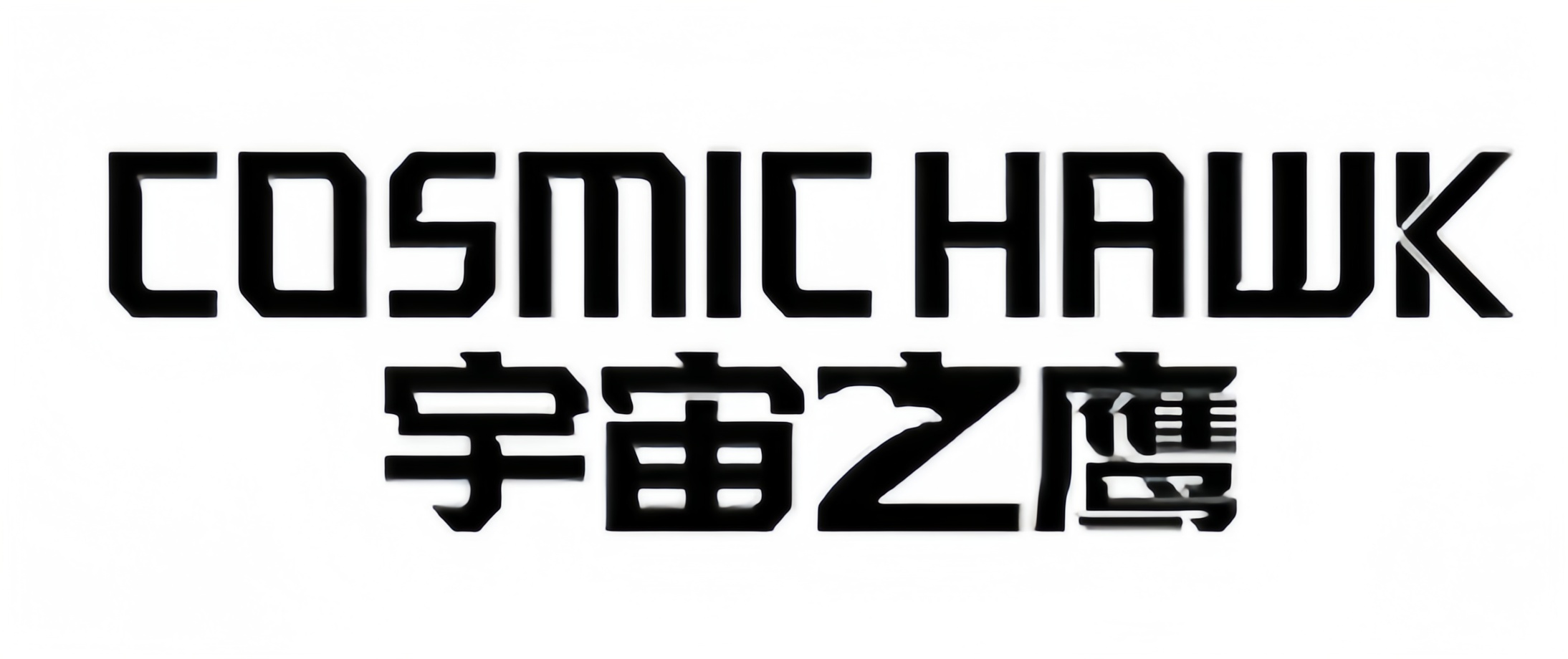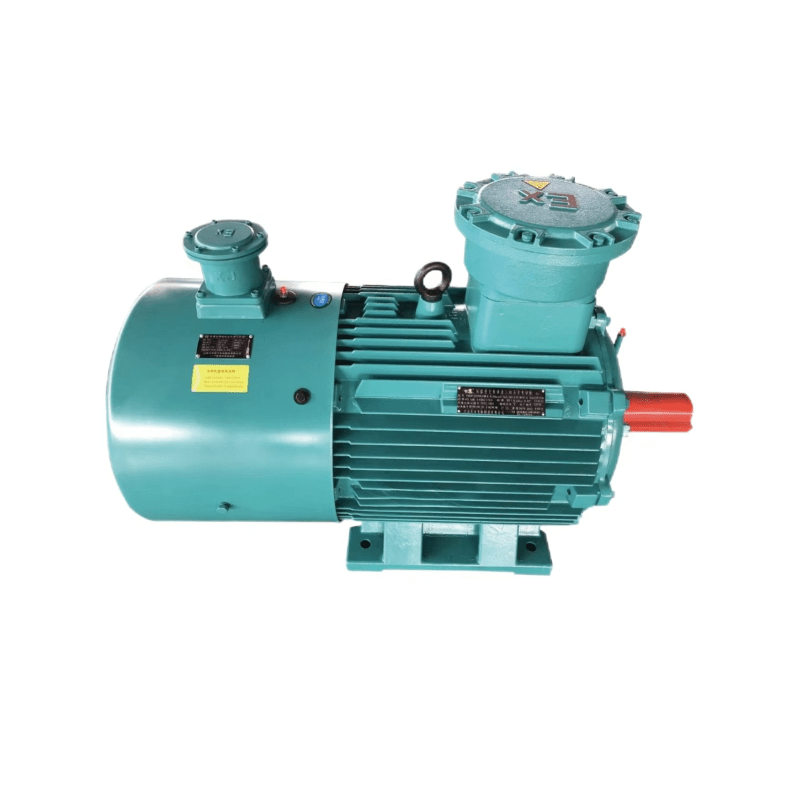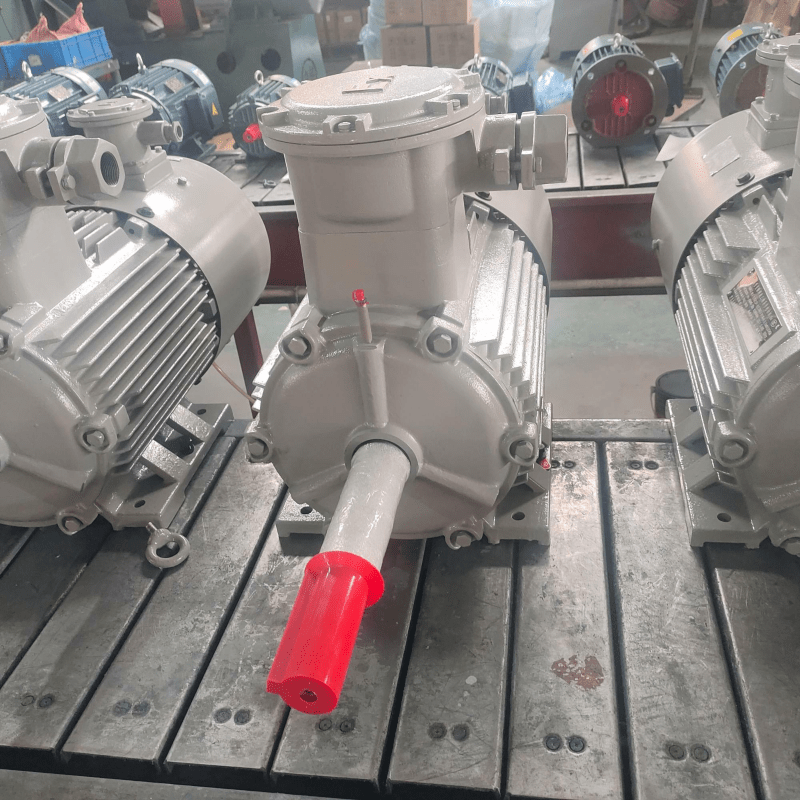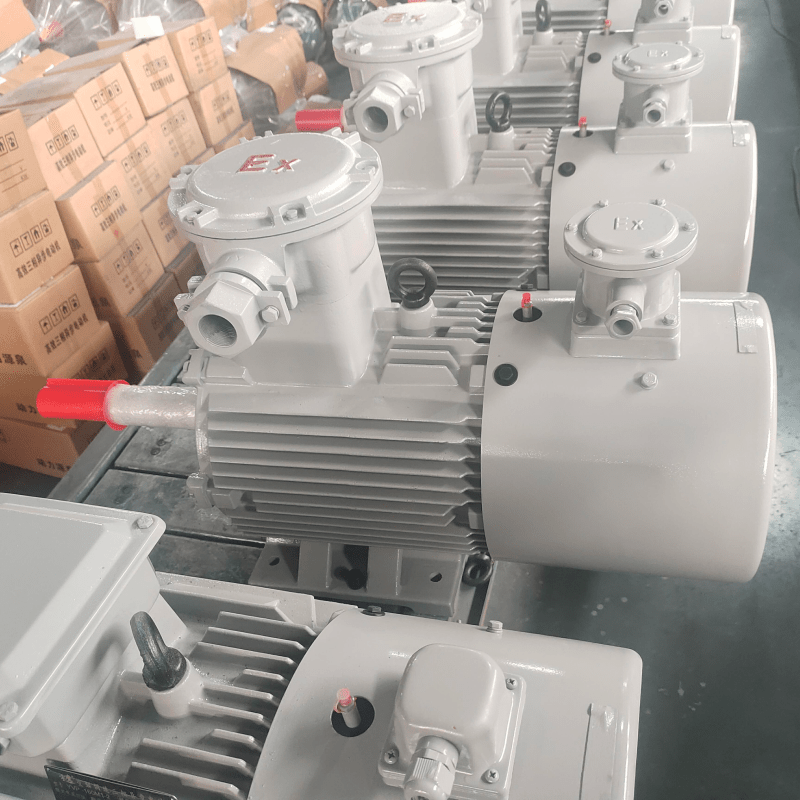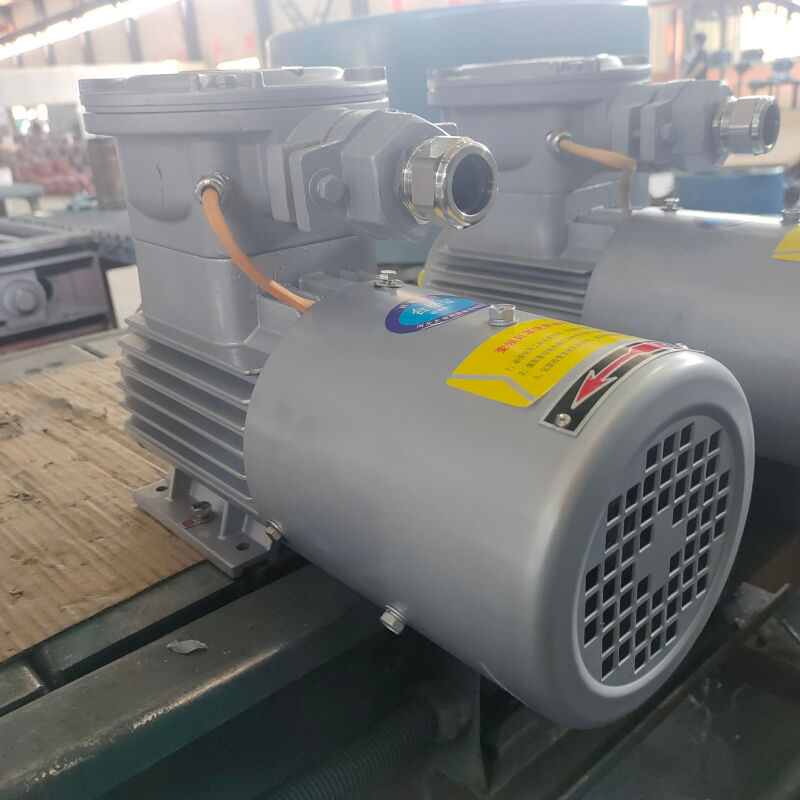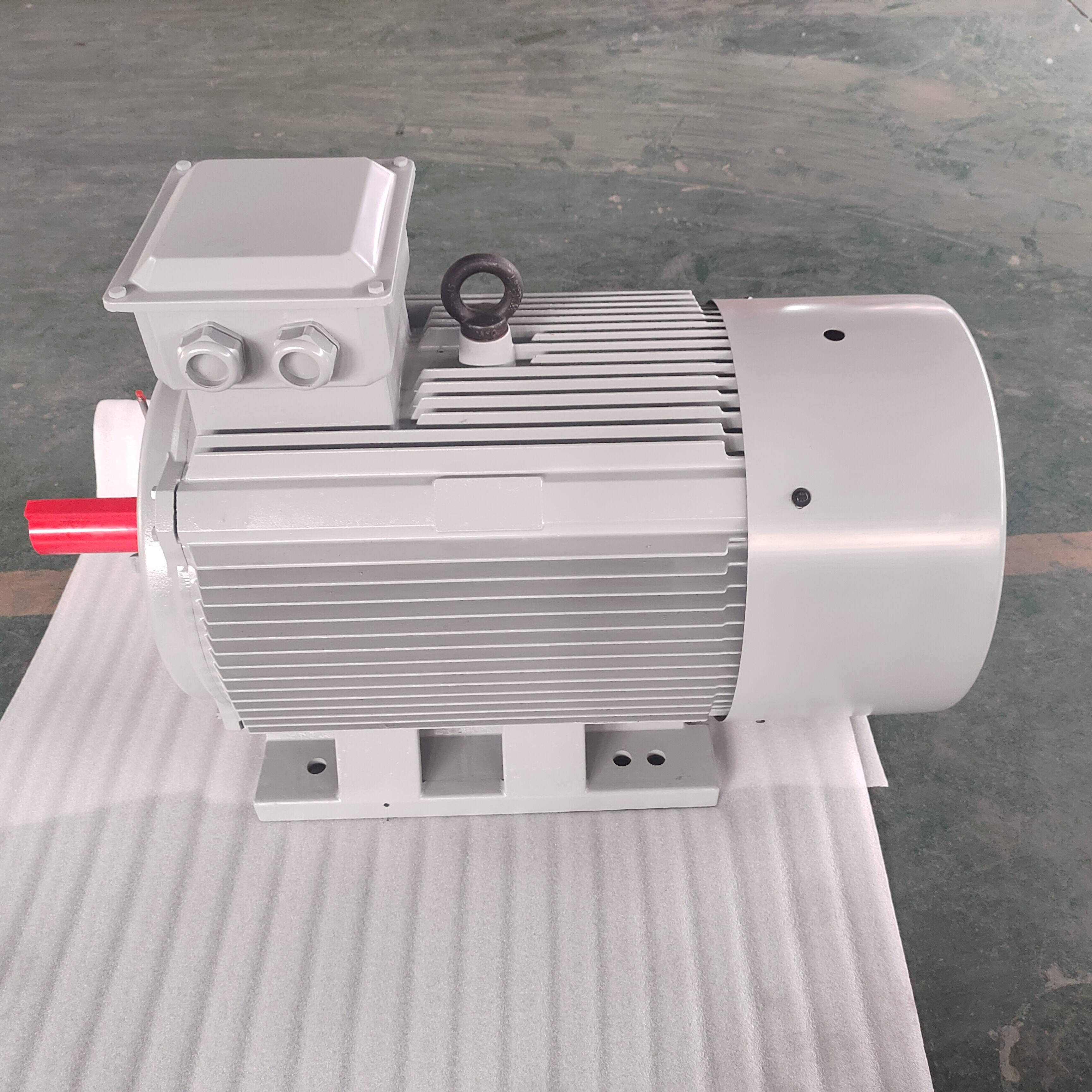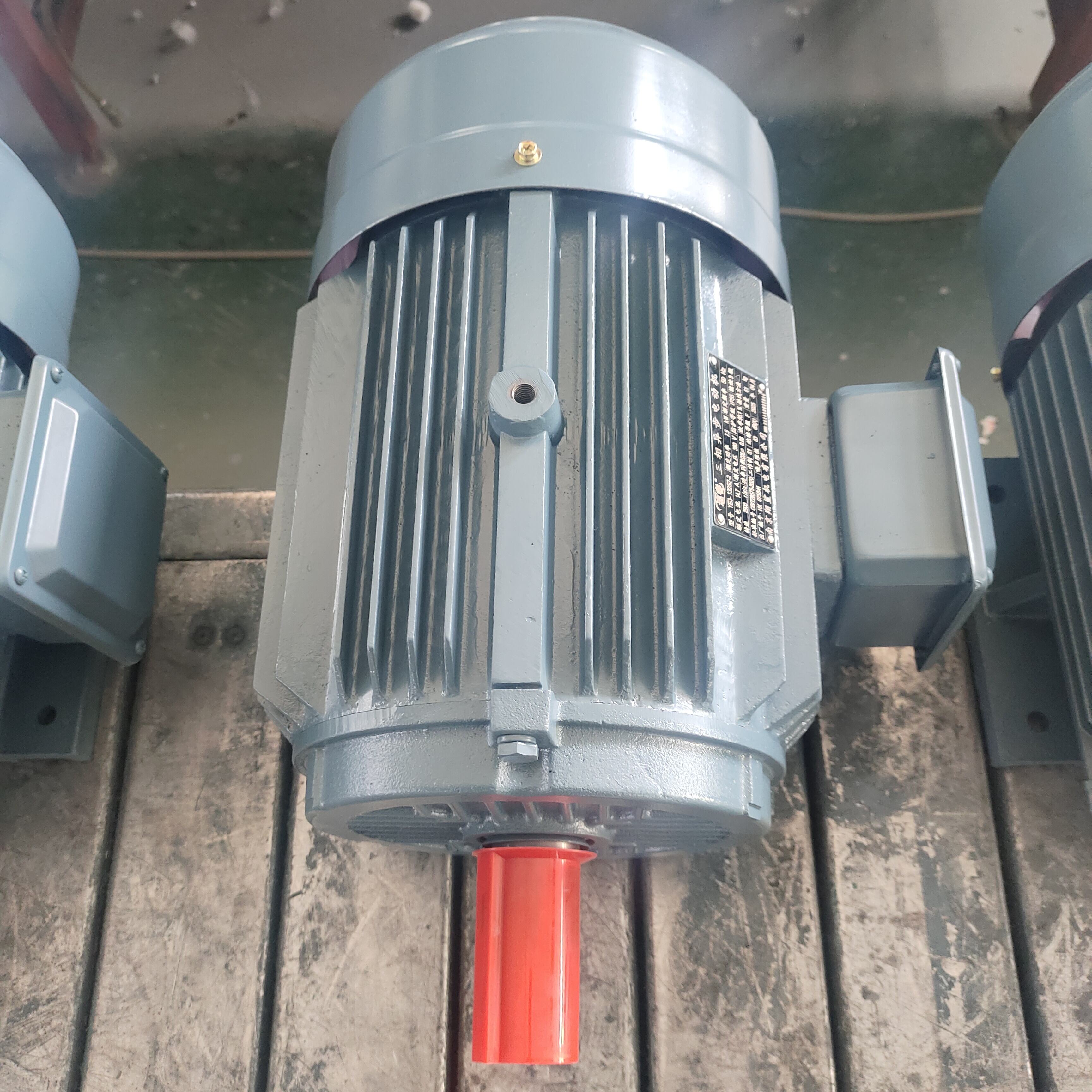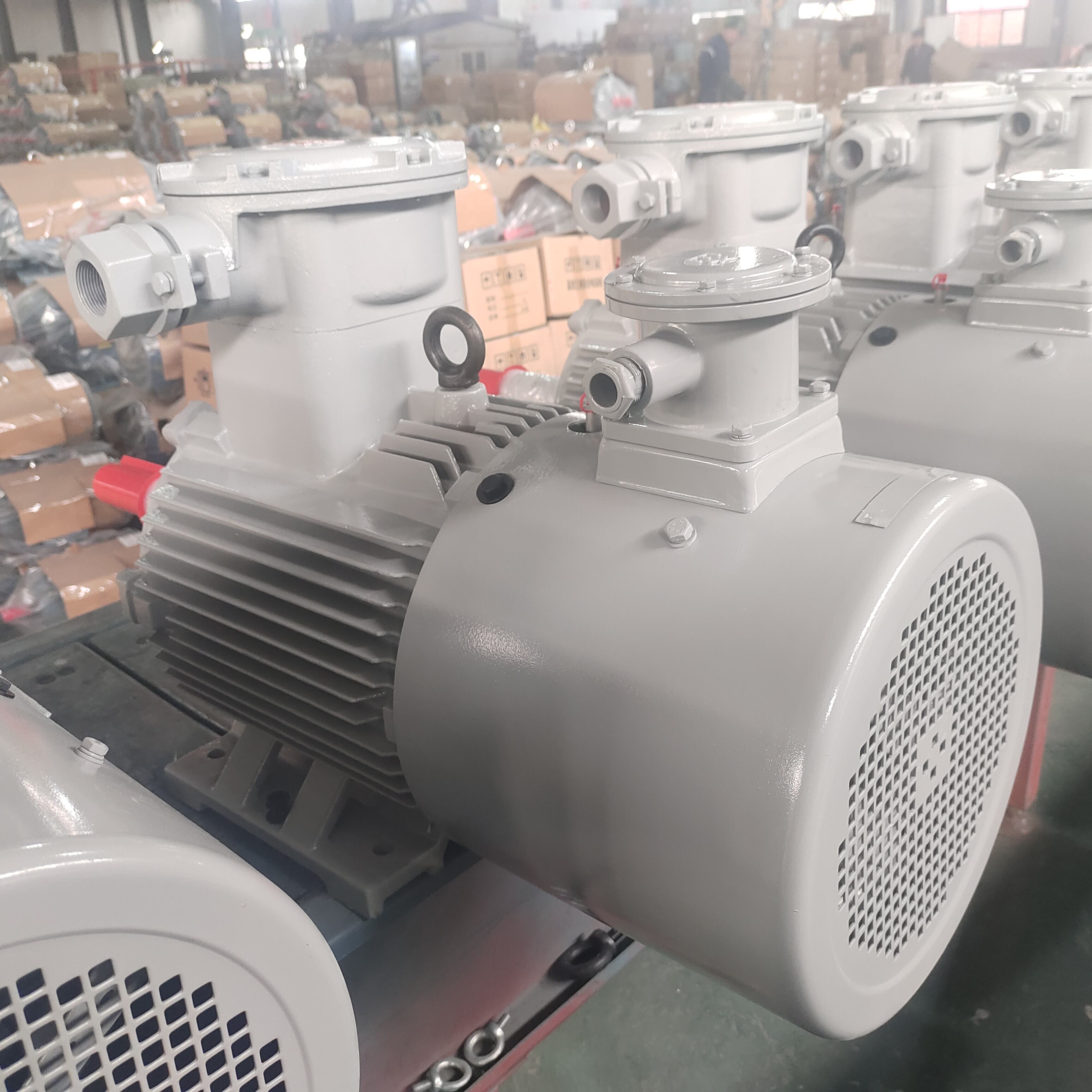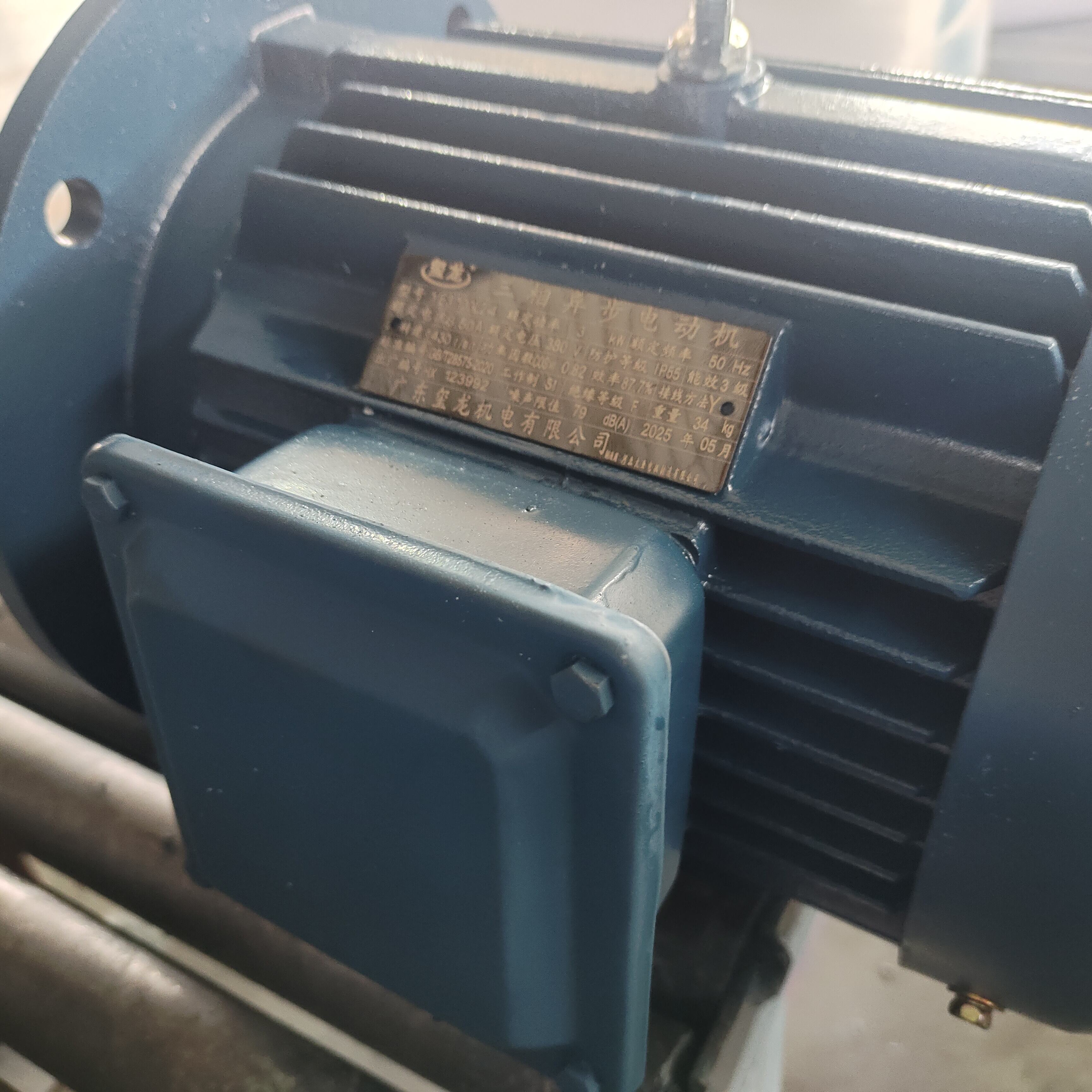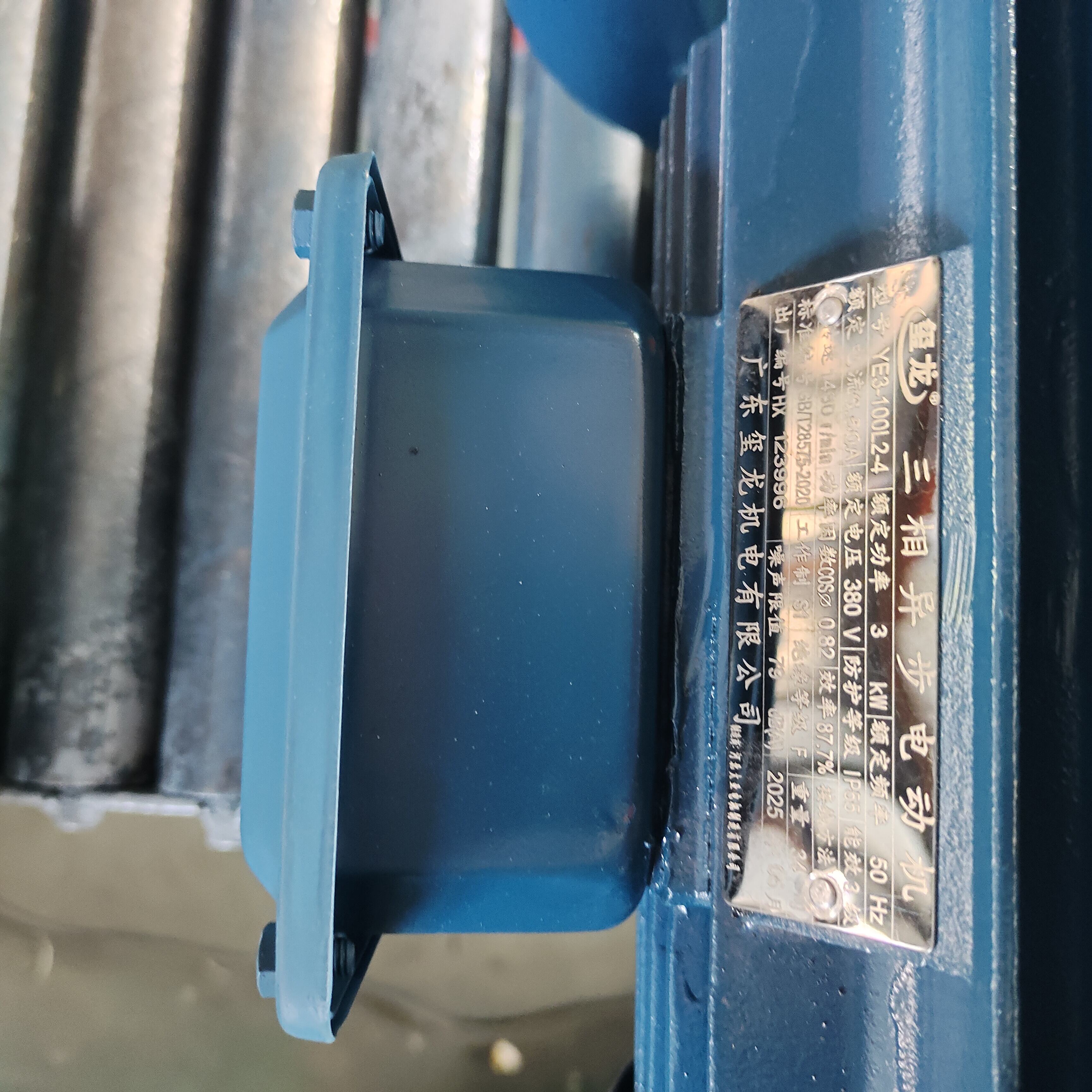quality controller
A quality controller represents an essential technological solution designed to monitor, regulate, and maintain consistent standards across manufacturing and operational processes. This sophisticated system serves as the backbone of modern industrial operations, ensuring that products and services meet predetermined specifications while minimizing defects and maximizing efficiency. The quality controller integrates advanced sensing technologies, data analytics, and automated feedback mechanisms to create a comprehensive quality management ecosystem. At its core, the quality controller functions as an intelligent monitoring system that continuously evaluates production parameters against established benchmarks. It employs various measurement techniques including statistical process control, real-time data acquisition, and predictive analytics to identify potential quality issues before they escalate into costly problems. The system captures critical data points throughout the production cycle, analyzing variables such as temperature, pressure, dimensions, composition, and performance metrics. Through sophisticated algorithms and machine learning capabilities, the quality controller can detect patterns, trends, and anomalies that might indicate quality deviations. The technological features of a modern quality controller encompass multiple layers of functionality. Advanced sensor integration allows for precise measurement and monitoring of critical parameters, while cloud-based connectivity enables remote access and centralized control across multiple locations. The system typically includes intuitive dashboards and reporting tools that provide real-time visibility into quality metrics and performance indicators. Automated alert systems ensure immediate notification when parameters exceed acceptable ranges, enabling rapid corrective action. Applications for quality controllers span numerous industries including automotive manufacturing, pharmaceutical production, food processing, electronics assembly, and chemical processing. In automotive applications, these systems monitor assembly line processes to ensure proper torque specifications, dimensional accuracy, and component integrity. Pharmaceutical manufacturers rely on quality controllers to maintain strict compliance with regulatory requirements and ensure product safety and efficacy.
